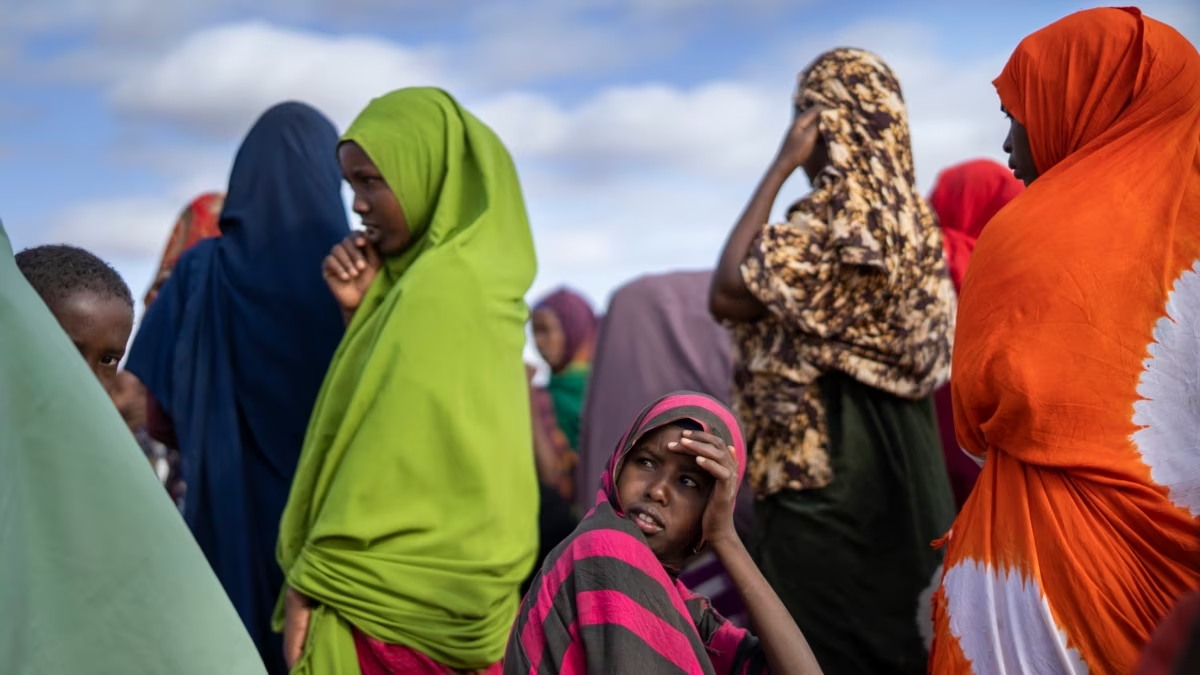Protection and GBV
Somalia faces significant protection challenges due to ongoing conflict, widespread displacement, and the breakdown of law and order. Humanitarian actors play a critical role in addressing these challenges and providing protection to vulnerable populations. One of the key aspects of protection is addressing GBV, which remains a major concern in Somalia.
Due to the protracted conflict and instability, as well as traditional gender norms and inequalities, women and girls in Somalia are at a disproportionately higher risk of experiencing various forms of GBV. This includes sexual violence, domestic violence, early and forced marriage, and female genital mutilation, among others. Displaced women and girls are particularly vulnerable, facing increased risks of GBV in camps and settlements.
Humanitarian organizations are actively working to prevent, respond to, and mitigate the effects of GBV in Somalia. They provide safe spaces for women and girls, offer psychosocial support, conduct awareness-raising campaigns, and train local communities on human rights and gender equality. They also support survivors of GBV by providing medical care, legal assistance, and access to justice.
Additionally, protection interventions in Somalia aim to ensure the safety and well-being of vulnerable populations, including children, persons with disabilities, and minority groups. Humanitarian actors work towards preventing the recruitment of children into armed groups and ensure their release and reintegration into society. They also strive to protect persons with disabilities by improving accessibility to services and advocating for their rights.

